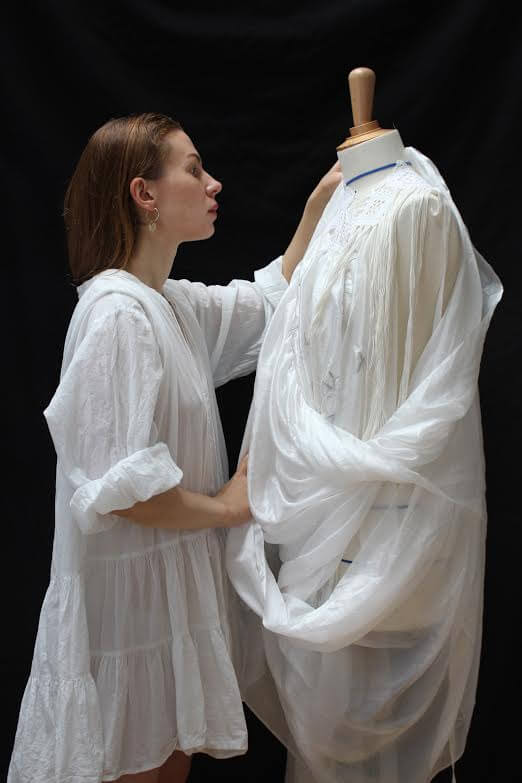The word ‘Art’ has given me the feeling of a knot in the belly because it is something I do not understand.
Showing other people your work for the first time makes you vulnerable. After putting effort into it you long for honest feedback, so that you can develop in your work.
Calling someone an artist is like questioning their work. You cannot understand if the work is twisted, ugly, sensitive, confusing, or good.
People’s reaction is often: “My gosh you are a true artist,” or “this is something only an artist can do.”
My experience is that the worse your work is, the more of an artist you are. If something looks like it went terribly wrong, it is real art.
People will sympathize with your work and call it “genius art” if it is revealed that you have personal issues such as mental illness.
The work is the same regardless of context. The story of the maker should not make it better.
Even when I acted irresponsibly in personal matters, people would forgive me and say “you have an artist’s spirit and can’t see the world clearly.”
Are you an artist because you craft things and act irresponsibly?
At a point this affected me so much that I wanted to become a doctor instead, just to show the world that I am a serious person and can achieve my goals.
Although distraught, I still craved to craft. I continued in loneliness, dreaming of Rome, sculptures, ruins, draperies, goddesses, and mythical stories.
The turning point was during school, at Oslo National Academy of the Arts, when I messed up my assignment in an experiment. I was overambitious, and anxious to show it to anyone.
I wanted to bury myself in a hole in the ground. I cried.
My teacher told me with a comforting voice: “we don’t make pretty things dear, we make art!”
I felt alienated. I do not make art. I live to create beauty!
Meeting with the kitsch movement was like coming home. Finally, I found other people on this globe that are striving to make work in an honest way, sharing knowledge, and best of all: criticising each other with love for the sake of improvement.
I feel honored to work towards a long-lasting expression that will surpass time. I demand to be judged by my talent as a craftsman, not by trends.
This is why I stopped calling myself an artist.
